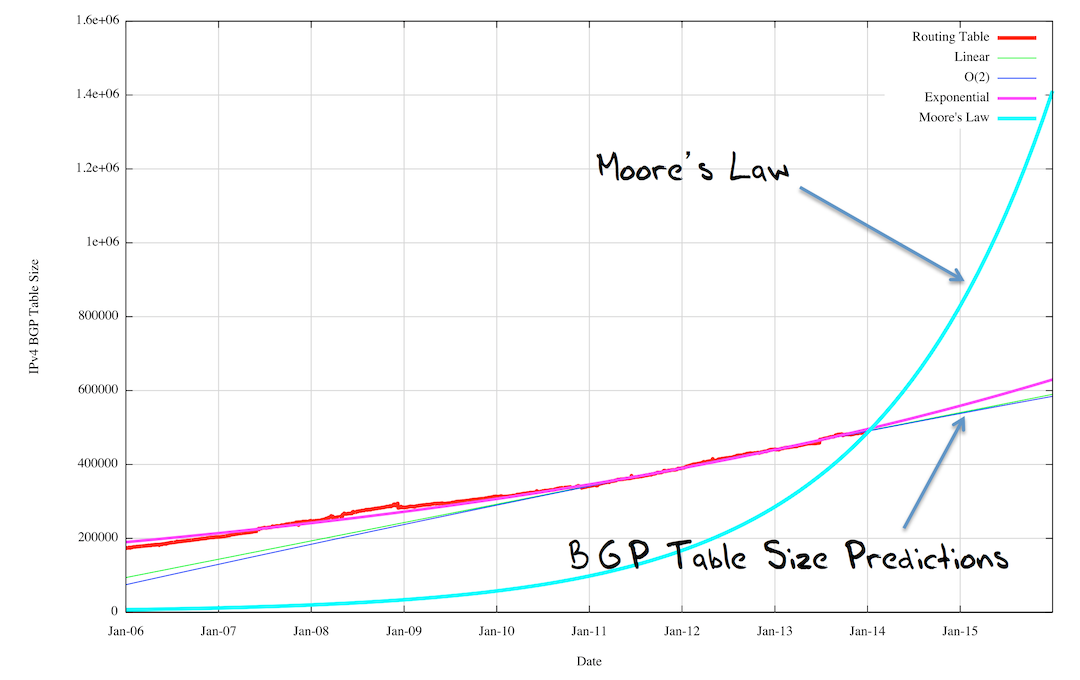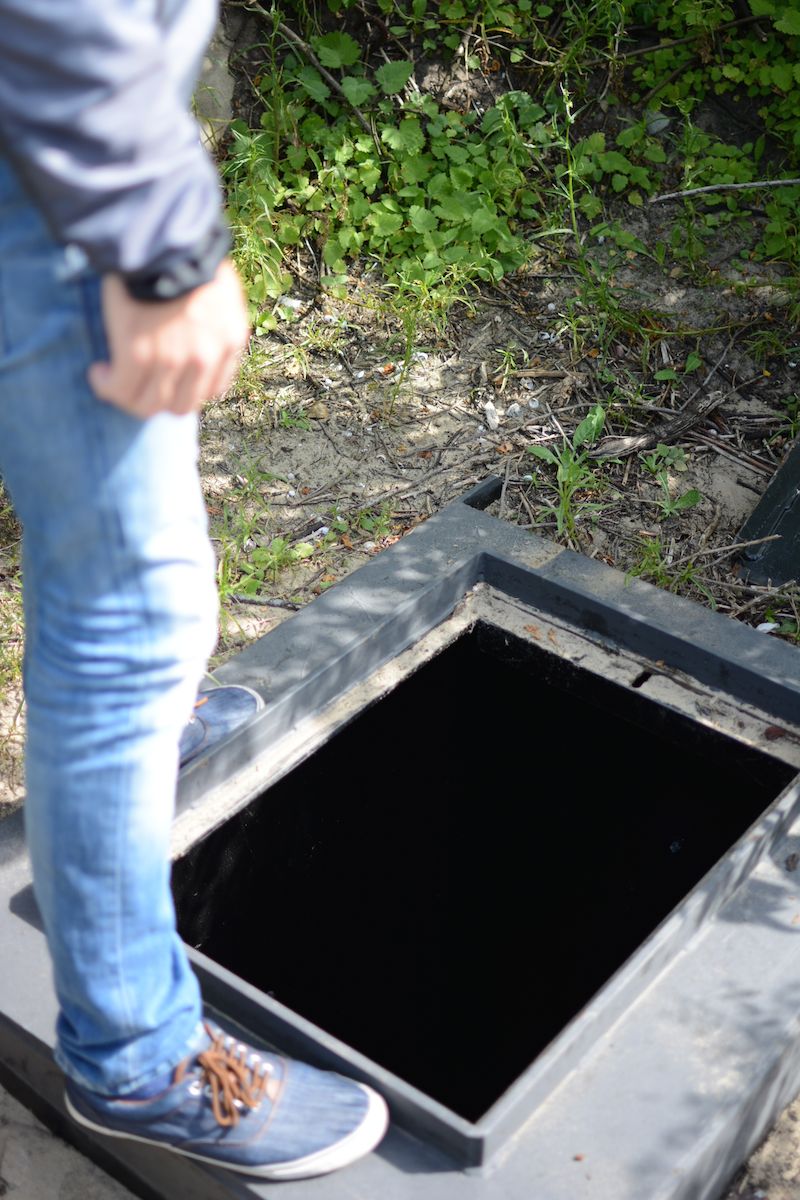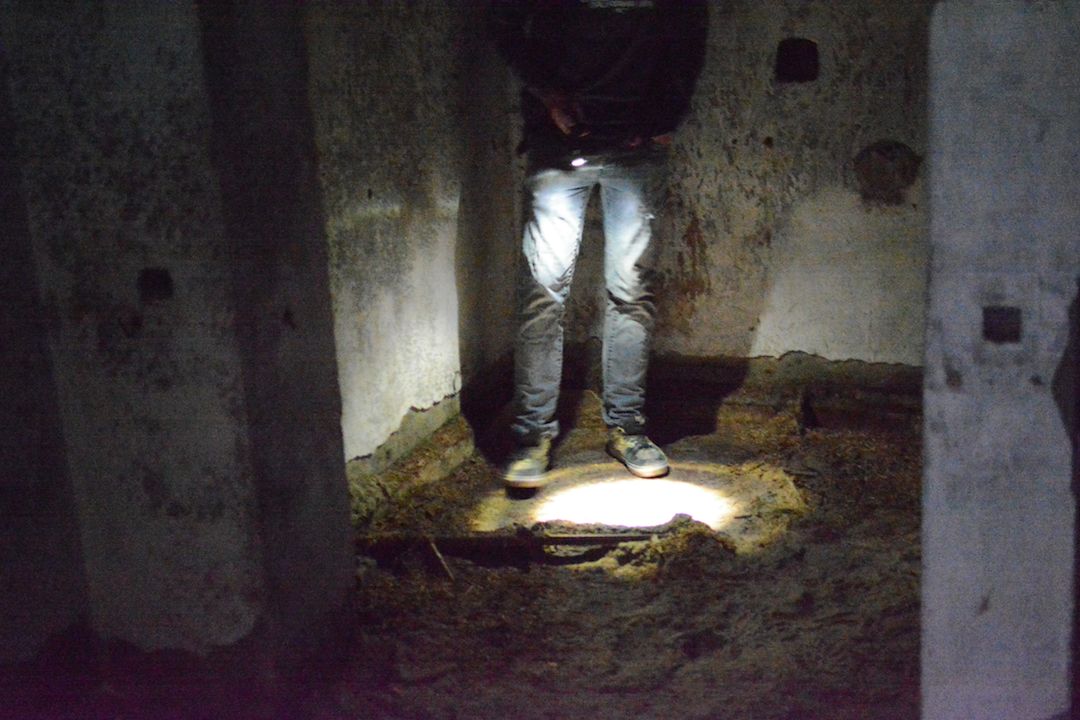▼
Last week, I wrote a review of the Nikon F65 camera. Although the F65 is more than a decade old, it supports most of the photographic automation that we're used to with our digital cameras. The F65 left me wanting to go even further back in time, so this week I'm going to explore manual focus photography with a Nikon FE SLR and Nikon AI and AIS lenses on my current Nikon D7100 digital camera.

Nikon FE with 50 mm AI lens and D7100 with 105 mm AIS lens
The FE is a single lens reflex (SLR) camera sold by Nikon from the late 1970s to the early 1980s, when it was replaced by the FE2. The FE is almost entirely mechanical, except for the light meter and the electronically controlled shutter. There's also the FM and FM2, the FE and FE2's siblings, which have a mechanically controlled shutter. The FM and FM2 can work at the full range of shutter speeds even without batteries installed, while the FE and FE2 can only use a 1/90 shutter speed without batteries.
Originally, I wanted to buy a camera that would operate without batteries, but I decided to go for the FE rather than the FM because unlike the FM, the FE has what we now call aperture priority mode, where you set the aperture and the camera automatically determines the shutter speed. With the FM and FM2, you need to adjust the aperture and the shutter speed until the light meter indicates you've selected a correct exposure. Even better would be the FM3a, which splits the difference by letting you use mechanical shutter speeds without batteries and electronic shutter speed control with batteries. However, the FE is a good deal cheaper and easier to find.
Focussing is done manually on all these cameras. The FE was introduced along with AI lenses, but is still compatible with non-AI lenses from before 1977. (Unlike the FE2.) When Nikon introduced autofocus lenses, these were still compatible with the AI system for many years. However, around the year 2000 Nikon introduced "G" lenses, which no longer have an aperture ring, so they don't work on the FE and other cameras that require the lens aperture to be set though an aperture ring. (See Understanding old Nikon lenses: AI, AI-S, AF and AF-S.)
The advantage of using manual focus lenses on a manual focus camera is that everything works together well. The lenses have a nice, big focus ring that moves smoothly, and the viewfinder has microprisms and a split-image prism in the center to help determine focus. The FE's viewfinder image is also much bigger than that of newer cameras. (At least, the ones that I've been able to afford.) When mounting an AF lens on the FE, there's no AF motor to focus the lens, so those lenses work the same as older manual focus lenses once you release the little lock that keeps the aperture on the smallest setting.
The FE's light meter is activated when you pull the film advance lever back from the body a bit. A needle then indicates the shutter speed you should use, or in AUTO mode, the shutter speed the camera has selected. A second needle indicates the shutter speed you've selected or AUTO. The aperture in use is visible though a little window that looks out over the aperture ring on the lens. The FE's light meter is powered by two tiny LR44 batteries, which are supposed to last very long. However, I managed to run a set down in a couple of weeks, probably by leaving the light meter on overnight by accident. When that happened, the light meter stopped working correctly. The shutter still worked, but I'll have to wait until the film is developed to see if it did so correctly. I also noticed that the 8 second shutter time setting is more like 11 seconds, but I'm not sure if shorter shutter times are also longer than they should be. The photos look properly exposed.

Former bank building at the Prins Hendrikplein, The Hague — Nikon FE with 50 mm lens
I enjoy using the FE, but it's certainly not for everyone. I grew up with this type of camera, so for me there's the nostalgia factor and I'm familiar with the slower, more deliberate shooting style that the manual focus all but imposes. (Although I sometimes forget to focus!)
The FE works best with the 50 mm f/1.8 or f/2 lenses that typically come with it, as well as the 28 - 135 mm focal length range that was commonly used back in the manual focus days. As focal lengths get longer and shorter, focussing gets harder. I have an AF 70 - 210 mm lens that works on the FE, but it's just not worth it. At f/5.6, the focus aids get too dark to work well, and using one hand to keep the camera steady and the other to focus makes it hard to keep the viewfinder image still enough to see whether it's focussed properly. Also, without vibration reduction, you need very good light to be able to shoot with short enough shutter speeds to avoid camera shake. My advice: stick to 135 mm max focal length and use lenses faster than f/5.6.
Similar but different is mounting a manual focus lens on a modern camera like the D7100. Unlike the excised aperture ring, all of Nikon's lenses still have a focus ring, so you can use manual focus with any autofocus lens. However, the focus ring can be rather small with very short travel. Using a manual focus lens is usually much nicer. The D7100 and up have the AI aperture coupler ring so the camera can read the aperture setting when using AI and AIS manual focus lenses once you've told the camera the lens its focal length and maximum aperture. So you set the aperture using the aperture ring and the camera sets the shutter speed in aperture priority mode, or you also set that yourself in manual mode. The aperture will still show up in all the right places on the displays and the EXIF data.
Autofocus SLRs don't have the viewfinder focussing tools, so focussing using just the viewfinder image is harder than on a camera like the FE. However, the autofocus sensors will tell you whether you've achieved correct focus, and even in which direction to turn the focus ring in you haven't. Or use live view with magnification for very precise focussing.
After shooting with manual focus lenses for a bit, I have a new found appreciation for my autofocus lenses. A manual focus lens really has to bring something unique to the table to earn its keep—just being a stop faster or a hair sharper just isn't good enough to take the enormous hit in usability. However, for certain types of photography, manual focus isn't as big a deal, as autofocus doesn't work so well anyway. This is true for astrophotography, where autofocus is hit-or-miss. Unlike modern lenses, many manual focus lenses have a hard infinity stop. Once you've checked that this is properly calibrated, you can simply turn the focus ring all the way and Bob's your uncle— you're focussed on infinity.
Another area where autofocus doesn't always deliver is macro photography. I got myself a Micro Nikkor 105 mm f/2.8 recently, and the manual focus doesn't bother me. When shooting handheld, I just move backward and forward to achieve focus. (And often shoot dozens of images in the hopes one is sharp...) When using a tripod, I use live view magnification to focus.

Street in Amsterdam — Nikon D7100 with 105 mm AIS lens
Verdict: unlike the Nikon F65, which I wholeheartedly recommend to anyone with only a sliver of interest in shooting film, I'm not recommending all this manual focus stuff. If you want to indulge in nostalgia or want to broaden your photographic (time) horizons, by all means, get an FE and/or some manual focus lenses. Or if you just want to see what an AI or AIS lens looks like on your modern Nikon, just get the one. 50 mm lenses are the most common, with the older AI versions looking the coolest.
Nikon manual focus lenses still work on many current Nikon cameras, as well as on many other cameras using adapters, so the second hand prices are relatively high compared to manual focus lenses built by other companies. As such, you're usually better off getting a second hand AF or AF-S lens for only a little more.
Permalink - posted 2014-06-24












